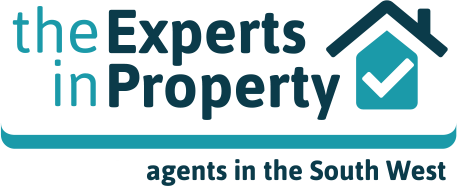
01 Nov Ask The Expert – Difference between leasehold and freehold when buying/ owning property?
Freehold can be pretty simple in most cases – it’s complete ownership of a property, usually a house, as well as the land it sits on and all associated gardens, driveway, etc, within the boundaries.
Leasehold is more complicated – it is the ownership of a property, usually a flat or apartment, but NOT the land on which it is built including any gardens or communal areas – these will be owned by the freeholder, either an individual or a firm such as a developer. However, it is possible for the leaseholders in a building to jointly own/buy the freehold, known as a collective enfranchisement, which is complex and requires the services of a specialist solicitor.
A freeholder has total control over their land and property, subject of course to any required planning permissions or deeded covenants and is responsible for the maintenance and upkeep of everything inside its perimeter. There is no-one else involved in any decisions and there are no time limits on ownership – it is owned in its entirety until the freeholder sells it, at which point the buyer becomes the freeholder.
Leaseholders may be bound by limitations on what they can do with their property in terms of major refurbishment or extending and will be required to pay ground rent and service charges to cover such things as gardening, window cleaning and servicing communal areas. But on the upside, the leaseholder doesn’t have to take care of any of that!
Unlike the unlimited time frame for a freeholder, leases run for a set period, so depending on the age and the original length of the lease, there may be a few years, decades or even centuries left on it. This is a vital thing to check when purchasing a leasehold property because when the lease expires, ownership of the property technically passes to the freeholder. It is widely advised that leasehold homes with less than 80 years left on the lease should be avoided because they then decrease in value and are more difficult to mortgage. However, it is possible, although currently expensive and complicated, to extend the length of a lease.
In 2020/21, it is estimated that there were almost 5 million leasehold dwellings in England alone, which equates to around 20% of all English housing stock. 15% of the leasehold properties at the time were in the Southwest. Leasehold has received some negative press of late with reports of extortionate ground rents and expensive service charges, but the Government is currently performing an overhaul of the leasehold system to make it both easier and cheaper to own and keep a leasehold property. Indeed, in June 2022, a new law banning ground rent on all new leases was imposed, and it is hoped that some changes in ground rent laws for current leasehold homeowners might come into effect sometime this year. As part of the overhaul process, the Government is also looking at reforms in lease extension and collective freeholds.
Having said all of that, do not let me put you off buying a leasehold property – not all leases are bad. A good conveyancer/solicitor will check through the terms of a lease to make sure it is all tickety-boo, and if the Government’s proposals all come to fruition, then buying and owning leasehold will become a less costly, easier and more attractive proposition.



Sorry, the comment form is closed at this time.